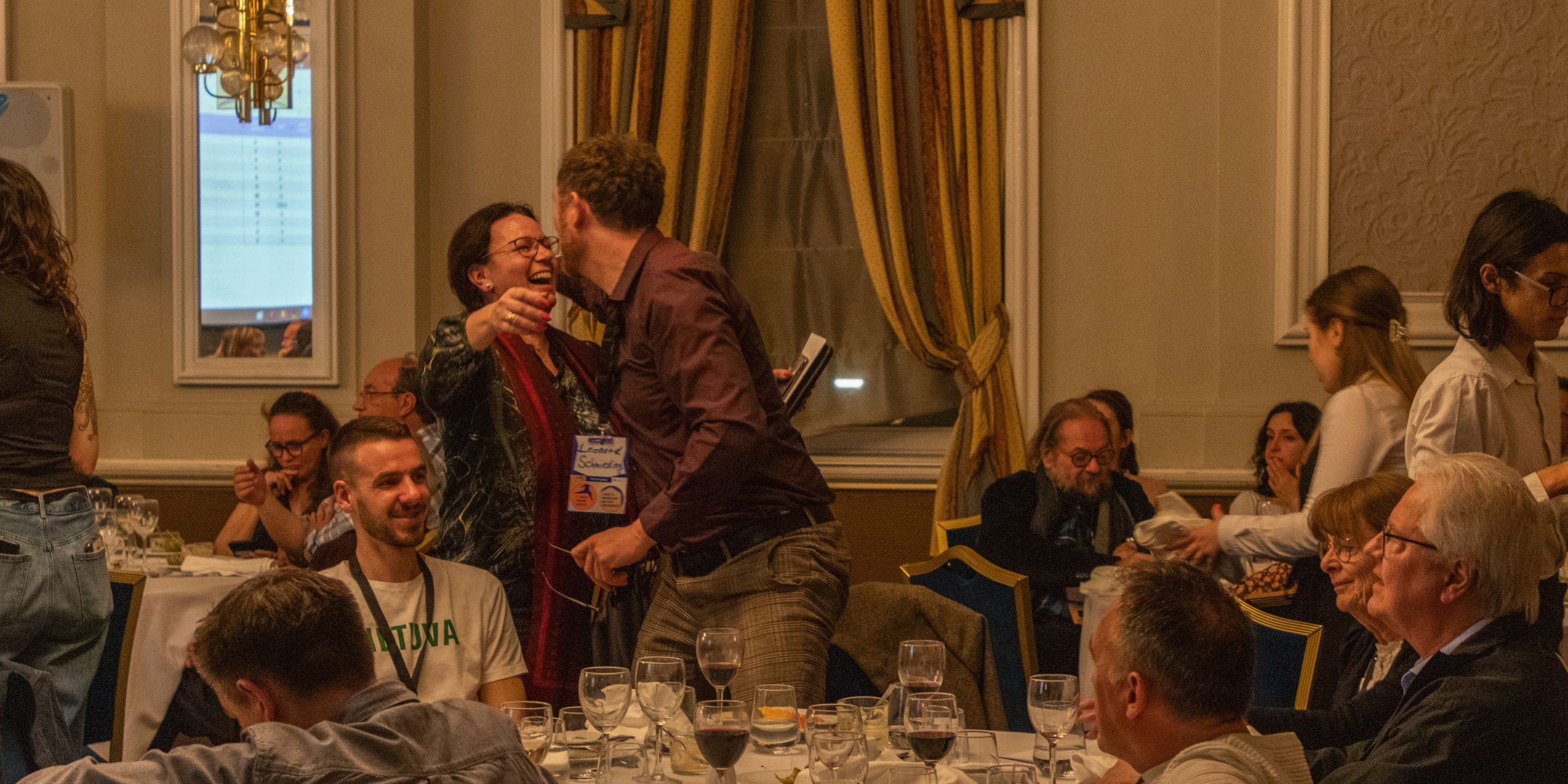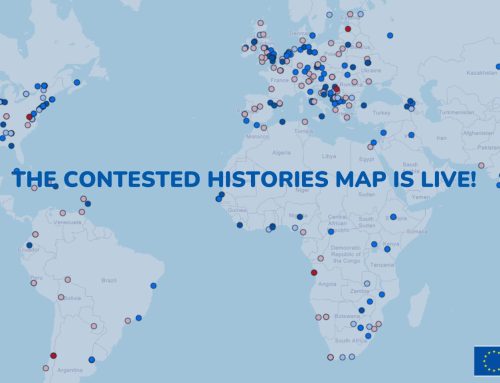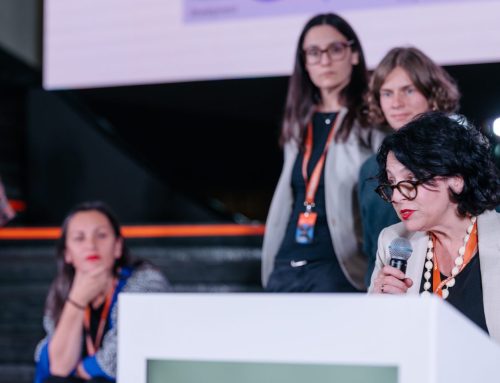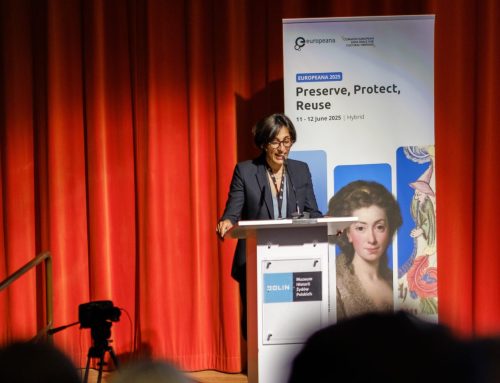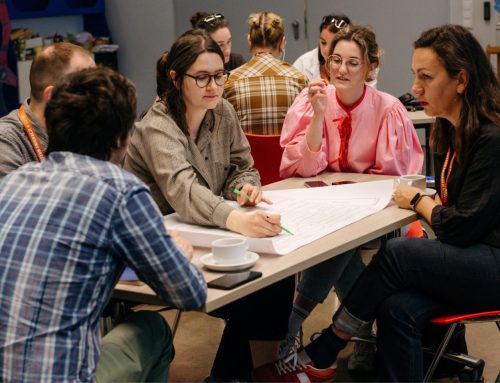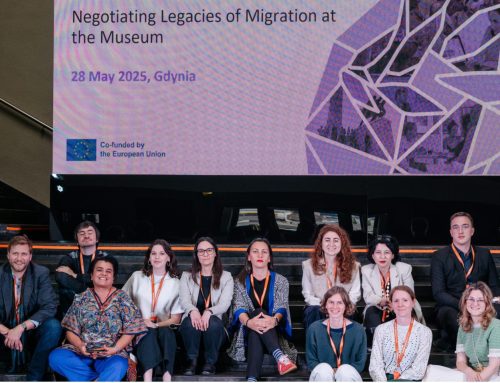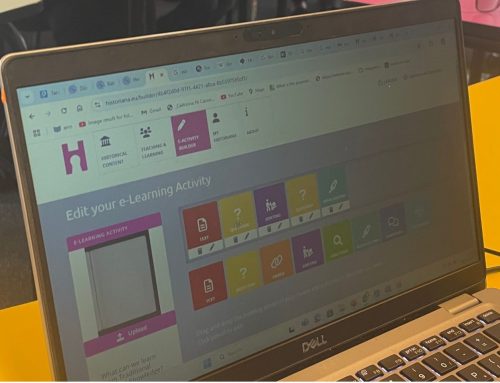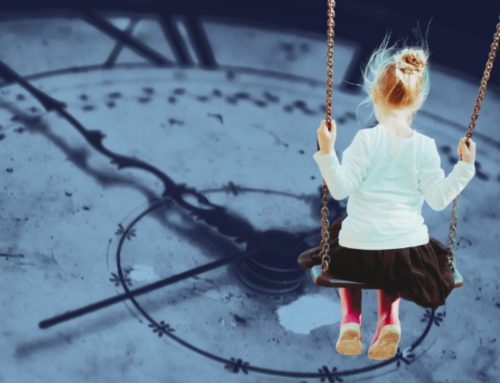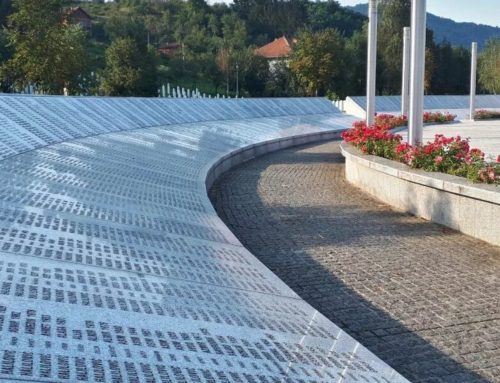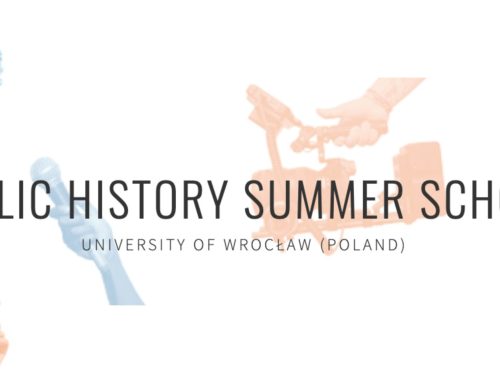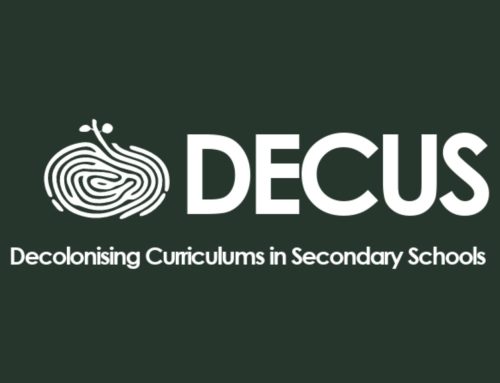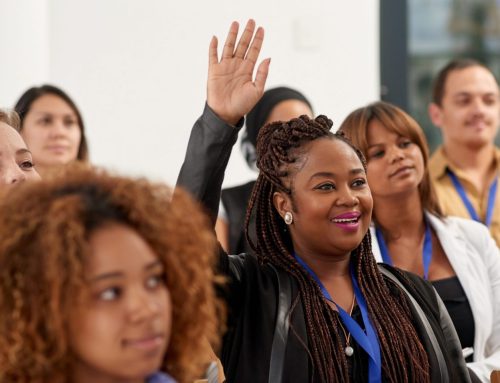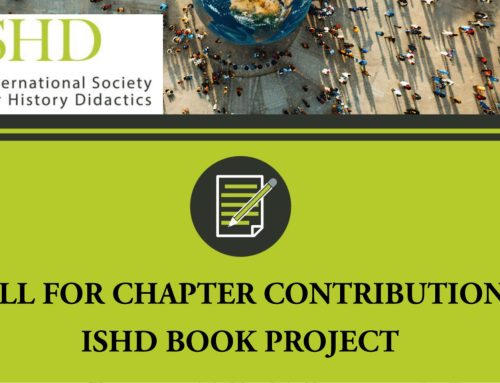The 30th EuroClio Annual Conference was held in Sofia from April 25th to 27th. The capital of Bulgaria provided a fitting backdrop for this year’s themes of Memory and Belonging, with its rich layers of historical memory visible throughout the city. Walking through Sofia, one encounters these layers in various forms, such as the tram system dating back to the Communist period, ancient Roman ruins like Sredetz, and excavation sites. Even our accommodation was immersed in history, as the hotel itself incorporated some Roman ruins. Additionally, remnants of the Ottoman period like mosques are also present, as well as socialist-era statues and monuments, many of which now housed in the Museum of Socialist Art – all adding to the city’s historical tapestry.
The Conference drew a varied group of participants from across the globe, encompassing both familiar attendees and newcomers, all engaging enthusiastically in plenary sessions, interactive workshops, and cultural programs, while also focusing on building connections with each other. Amidst these activities and the vibrant atmosphere, five distinct highlights emerged this year:
International Crowd
This year, we were privileged to welcome participants from 36 different countries, including new attendees from the United States, Singapore, and Korea. Some of these participants came representing organisations that would eventually be voted in as new EuroClio members. These included the the National Council for History Education (NCHE) based in the US, the Association for the Didactics of History (ADD) based in Czechia, and the Flemish Association for History Teachers from Belgium as full members, and The Korean War Legacy Foundation (KWLF) based in the US, Logopsycom and the Flemish Institution for Cultural Heritage (FARO), both based in Belgium, as Associated members. EuroClio is enthusiastic about establishing these new connections both in and beyond Europe, aiming to expand collaborations and exchange practices with international partners. The participants at the Annual Conference similarly engaged in networking and collaboration, fostering a global perspective by connecting with colleagues from diverse regions of the world.
Educators Share
EuroClio has been collecting educator testimonies over the past months, and the Annual Conference provided a valuable opportunity to conduct these kinds of interviews with some of our members. The aim of this initiative is to invite teachers to share anecdotes from their teaching careers, covering a range of topics such as classroom management, working with minority students, sex education, and other pertinent issues educators encounter daily. We are very grateful to those who participated in these interviews, including Henk Bolk, Antanas Jonusas, Milena Platnikova, Polina Verbytska, Maja Harmanosova, Leonard Schmieding, Chris Rowe, and Ansis Nudiens. Their contributions align closely with one of the Conference’s thematic strands: oral history and storytelling.
These testimonies not only capture personal memories but also provide deeper understanding of the current issues faced by educators, enriching our efforts to support and empower teachers in their professional development.Their narratives will soon be incorporated into teacher training programs, offering valuable insights into contemporary classroom challenges.

Interactive Workshops
This year, EuroClio successfully organised 21 engaging workshops, made possible by the dedication of our colleagues. These workshops were designed to align with the conference themes of history and identity, oral history and storytelling, and cognitive biases.However, our primary aim was to ensure these workshops were highly interactive, providing participants with new experiences and activities for use in the classroom. We achieved this goal with the help of our exceptional workshop leaders, who covered a diverse range of topics. Some presented intriguing case studies from their countries’ histories, such as Lithuania or the former Yugoslavia. In other workshops, participants engaged in drawing, analysing photographs, or even exploring graffiti.
One workshop delved into Project Zero and thinking routines, while another offered participants the opportunity to experience virtual reality tools for history education. These examples highlight the creativity and collaborative spirit of our workshop hosts in enriching history lessons. We extend our gratitude to all the workshop leaders for their efforts and contributions to this year’s conference!
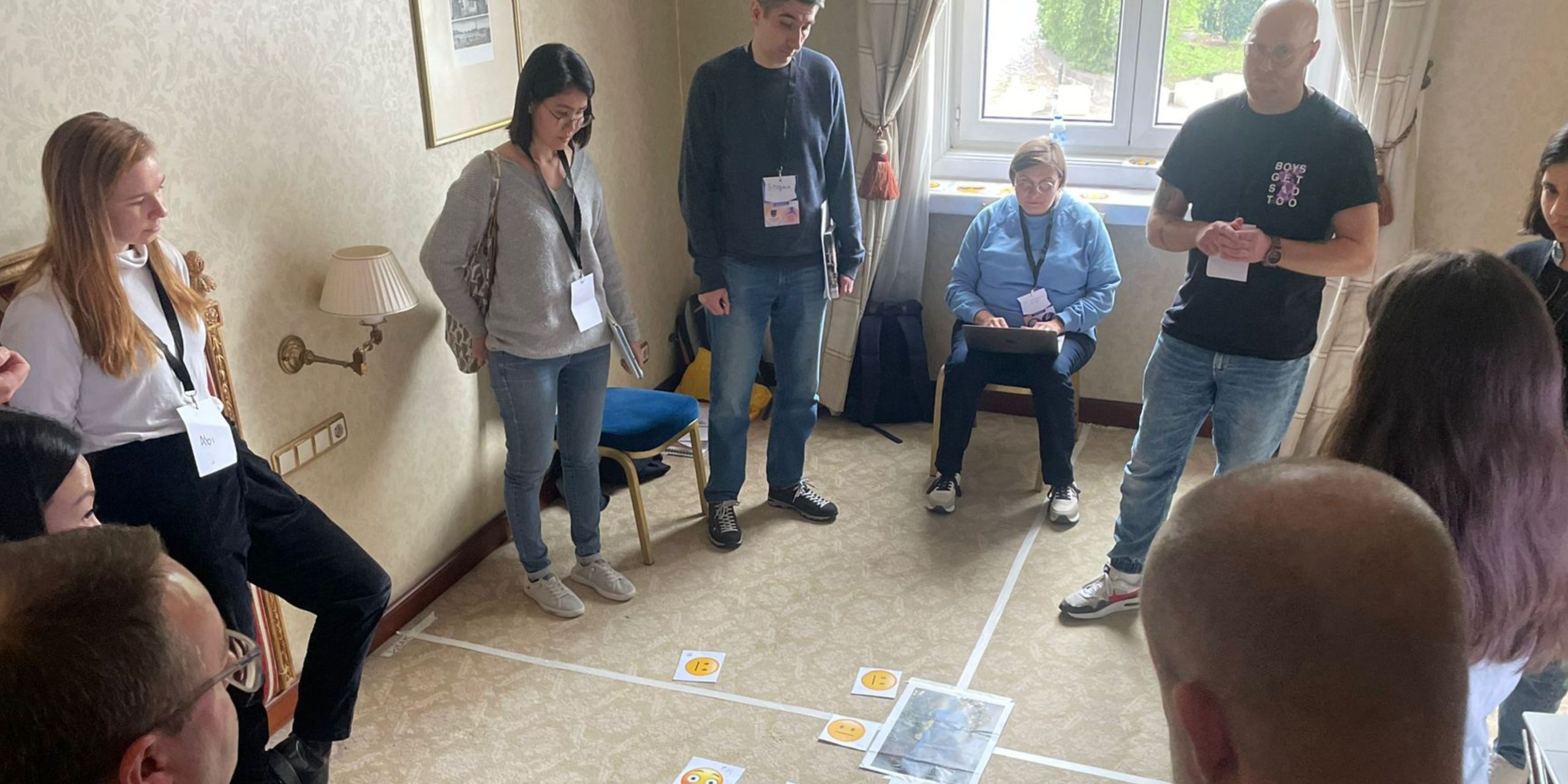
School visits
Thanks to our Bulgarian hosts, the Bulgarian History Teachers’ Association, attendees of the Annual Conference had the valuable opportunity to visit five different local secondary schools and actively engage with students. The schools included: International School Uwekind, 164 GPIE “Miguel de Cervantes”, 32 School “St. Kliment Ohridski”, First English Language School, 127th Ivan N. During these visits, participants attended history classes and interacted with local students, providing a firsthand glimpse into the educational landscape and fostering cultural exchange. We extend our sincere appreciation to our Bulgarian partners for facilitating this enriching experience.
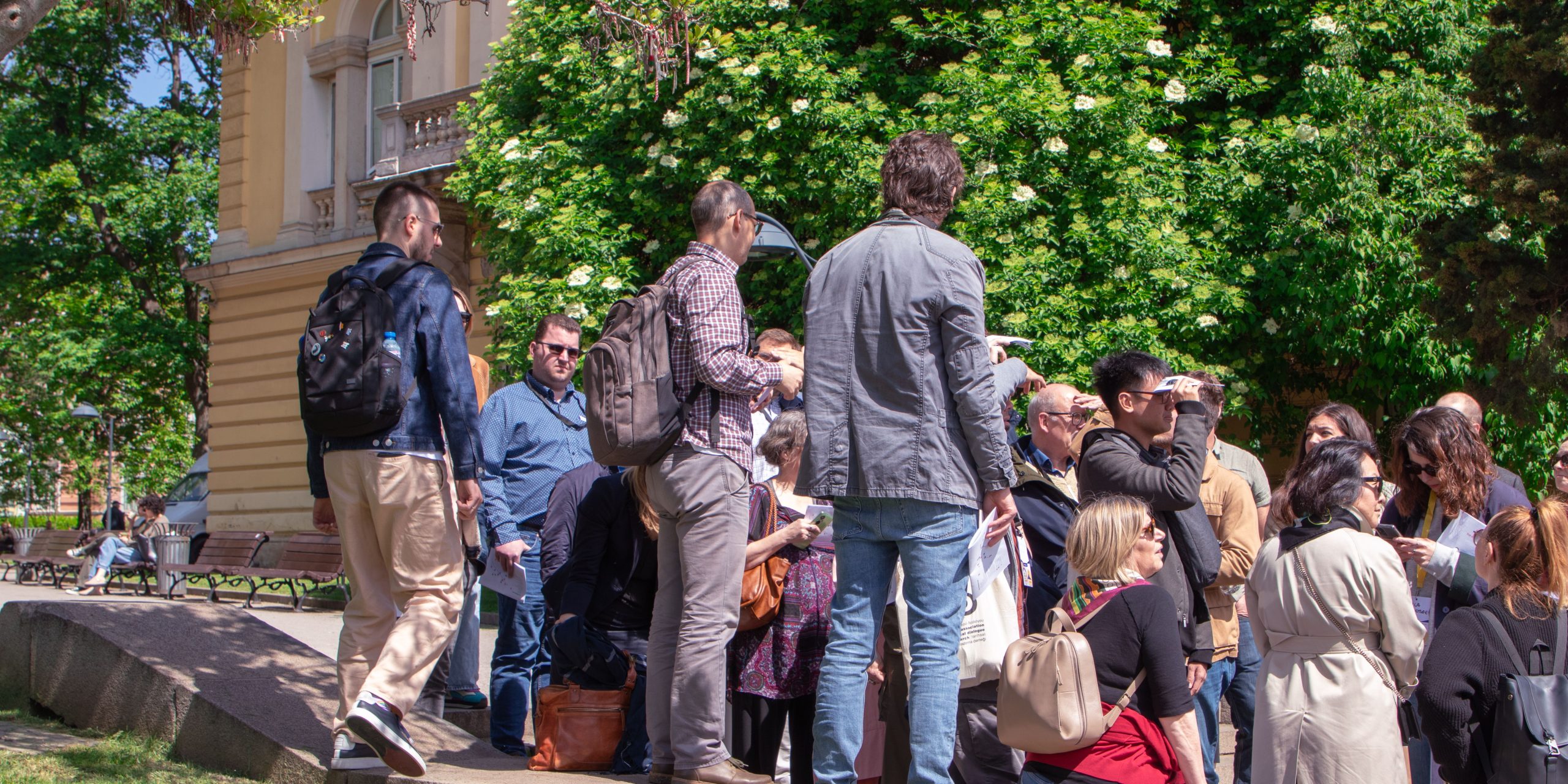
Sense of Community and Belonging
The sense of community and belonging within the EuroClio network is palpable, especially during the Annual Conference. This event serves as a cherished opportunity to reconnect with old friends/ colleagues and engage in meaningful discussions.
For Milena Foris, one of our Research Fellows, the Conference was a chance to interact with individuals from diverse backgrounds and gain new perspectives on history education. Similarly, Tanja Kohvakka, also part of the Research Fellows, expressed excitement about taking part in live discussions and debates on history education, moving beyond textual materials.
At EuroClio, we strive to cultivate a space where all participants and members feel a sense of belonging. Our Annual Conferences, in particular, aims to fulfil these expectations by fostering a supportive and inclusive community where individuals can truly feel welcome. We hope that both new and returning members find comfort and connection within our EuroClio community!

